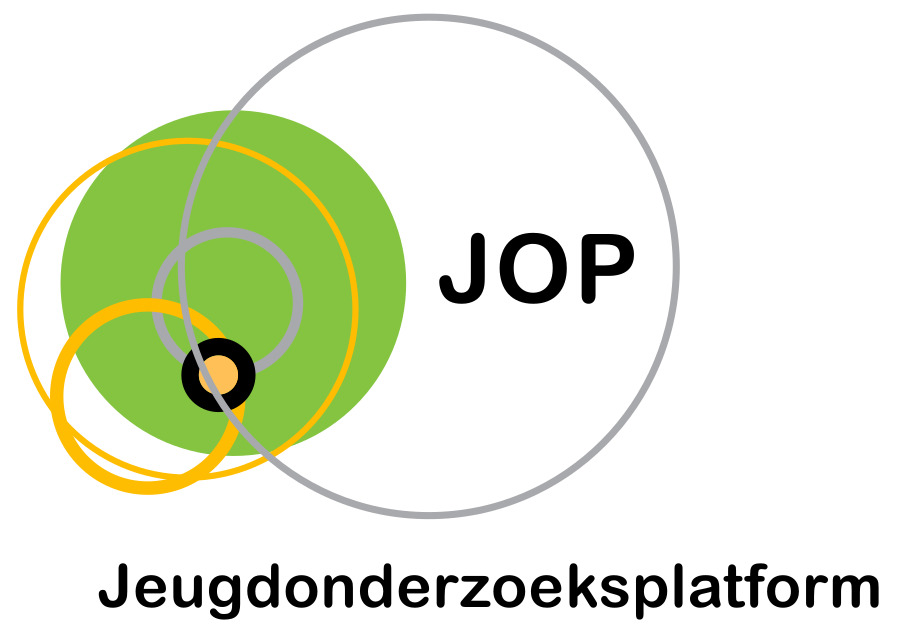Social pressure for religious conformity and anti-gay sentiment among Muslim and Christian youth.
Auteurs
Van Droogenbroeck, F., & Spruyt, B. (2019).

Abstract
Het merendeel van onderzoek naar burgerschapseducatie onderzoekt de vermeende gevolgen van burgerschapseducatie programma’s. Opmerkelijk is dat weinig onderzoek is nagegaan hoe de gevolgen van groepsprocessen (bijvoorbeeld op basis van religie) in scholen, en meer specifiek, de druk om te conformeren naar in-groep normen, verbonden is aan de doelen voor burgerschapsvorming (bijvoorbeeld het promoten van tolerante houdingen ten aanzien van de LGBT mensen). Vanuit die achtergrond stelt deze paper twee objectieven voorop. Ten eerste gaan we sociale variatie na in de gepercipieerde sociale druk tot religieuze conformiteit bij christelijke en islamitische jongeren in het secundair onderwijs in Vlaanderen (N= 2765). Ten tweede onderzoeken we de relatie tussen de gepercipieerde sociale druk tot religieuze conformiteit en homofobie. De analyses zijn gebaseerd op sociale identiteitstheorie en gebruiken multilevel analyse. We vinden dat, voor zowel christelijke als islamitische jongeren, homofobie hoger is bij jongeren die een hogere sociale druk ervaren om zich religieus te conformeren door de ervaren verwachtingen over religie vanuit dierbaren.
Research on civic education, for the most part, investigates the alleged outcomes of deliberate civic education programs. Remarkably, few types of research have investigated how the outcomes of group process (e.g. based on religion) in schools, and more specifically, the pressure to conform to in-group norms, relate to civic educational goals (e.g. promoting tolerance for Lesbian, Gay, Bisexual, Transgender people). Against that background, this paper has two objectives. First, we assess social variation in perceived social pressure for religious conformity among Christian and Muslim Youth enrolled in secondary education in Flanders (N = 2765). Second, we investigate the relationship between perceived social pressure for religious conformity and anti-gay sentiment. Our analyses are guided by social identity theory and rely on multilevel analysis. We find that for both Christian and Muslim youth, anti-gay sentiment is higher among young people who experience higher social pressure through the perceived expectations from talking with significant others about religion.
Referentie
Van Droogenbroeck, F., & Spruyt, B. (2019). Social pressure for religious conformity and anti-gay sentiment among Muslim and Christian youth. Educational Psychology, 0(0), 1-22.
Taal
Engels
Publicatievorm
Tijdschriftartikel
ISBN – DOI
10.1016/j.jsp.2017.04.006
Trefwoord(en)
Sociale druk tot religieuze conformiteit, homofobie, moslim, christen, religieuze identiteit, groepsnormen, negatieve attitudes tegenover homoseksualiteit
